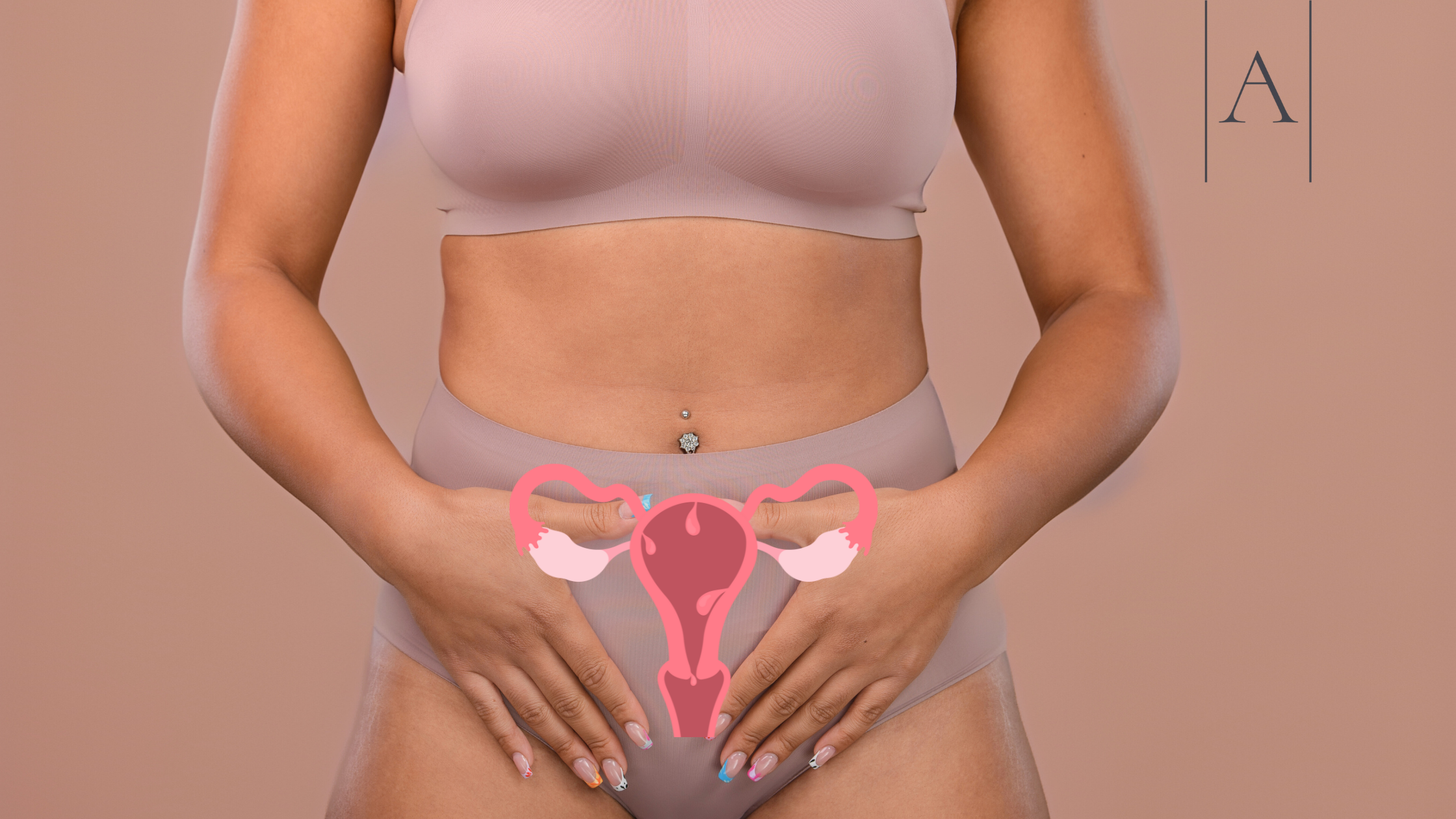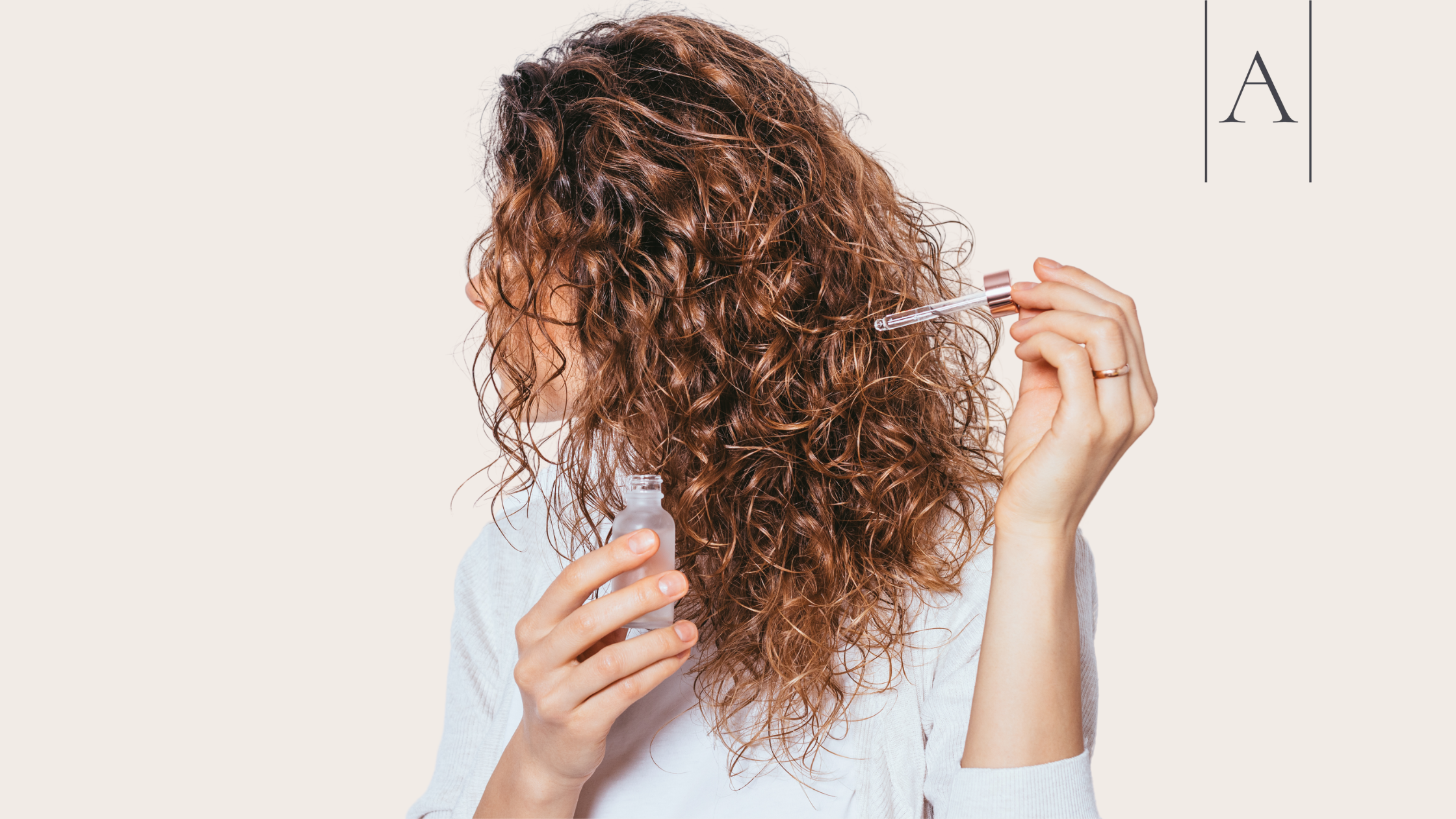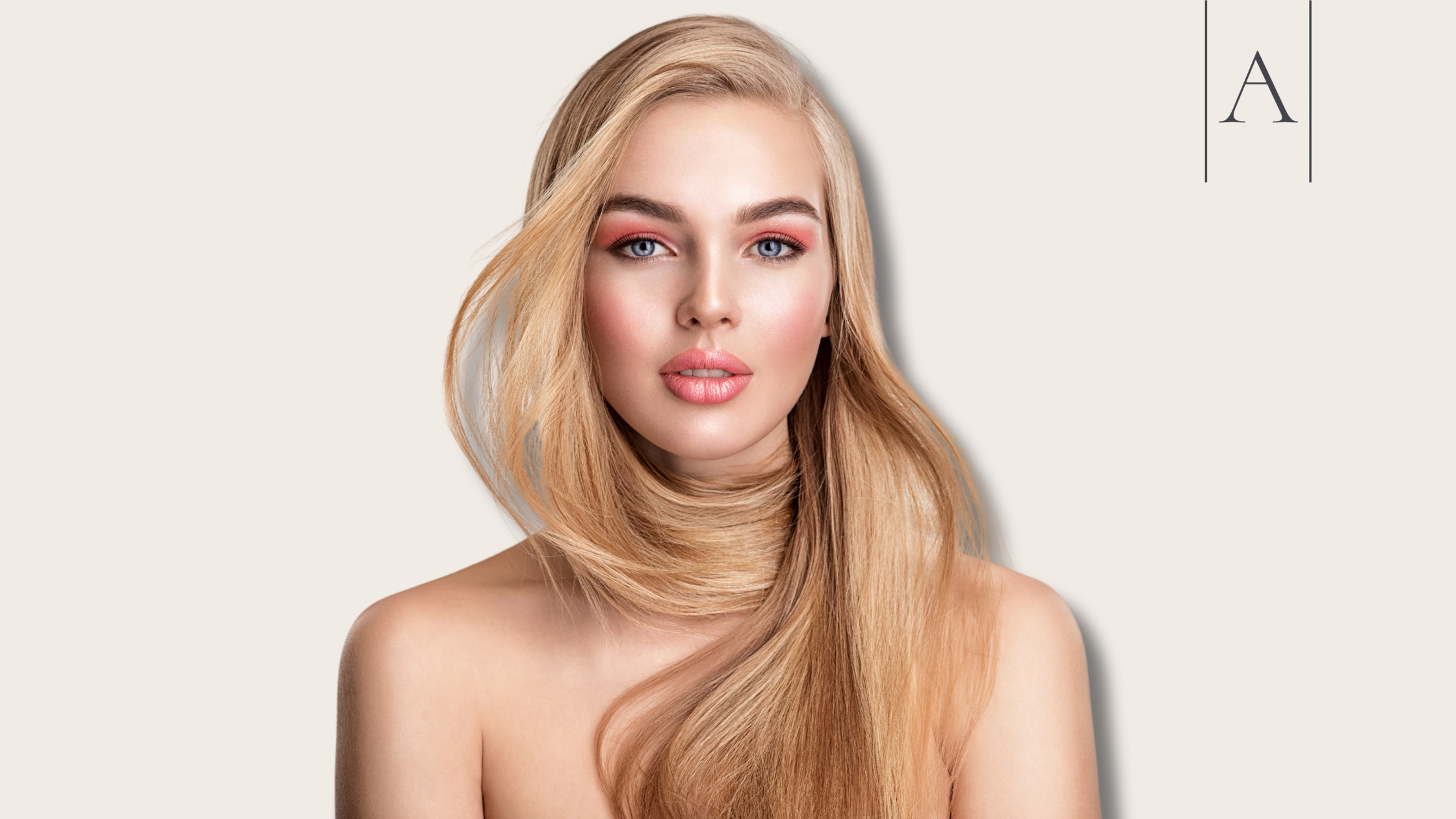
Understanding Polycystic Ovary Syndrome Hair Loss
Polycystic Ovary Syndrome (PCOS) affects millions of women worldwide. Among its various symptoms, hair loss is one of the most challenging, often due to hormonal imbalances that lead to excess androgens like testosterone. Up to 30% of women with PCOS experience female-pattern hair loss, typically seen as thinning on the crown or a widening part. Addressing these changes can be a crucial step in supporting well-being and self-confidence.
For many, hair transplant solutions offer meaningful relief. With Asthetica, clients can access world-class hair restoration treatments at an accessible price in Turkey.
Causes and Symptoms of Hair Loss in Polycystic Ovary Syndrome (PCOS)
1. Hormonal Imbalances
The primary driver of PCOS-related hair loss is elevated androgen levels, which interfere with the hair growth cycle, leading to shorter, finer hair and gradual thinning. Hair loss in PCOS typically affects the crown and central scalp, presenting a pattern distinct from other types of alopecia.
2. Androgenic Alopecia and Hirsutism
Many women with PCOS experience both hair thinning on the scalp (androgenic alopecia) and increased hair growth on the face and body (hirsutism). This combination can affect self-image, but understanding these symptoms is the first step toward proactive management.
Can Hair Regrow Naturally with Polycystic Ovary Syndrome (PCOS) Management?
1. Hormone Regulation
Balanced hormone levels can encourage hair regrowth. Treatments like birth control or anti-androgens may help mitigate hair loss by reducing androgen levels. Consulting with a healthcare provider can help find the best approach for each individual.
2. Lifestyle Changes
Incorporating specific lifestyle adjustments may improve hair health. These include:
-
Balanced Diet: Foods rich in biotin, zinc, and iron are beneficial for hair.
-
Regular Exercise: Physical activity can help regulate hormones.
-
Stress Management: Techniques like meditation or yoga can reduce stress, which may otherwise aggravate PCOS symptoms.
Hair Care Tips for PCOS Hair Loss

1. Gentle Cleansing
Use sulphate-free, natural-ingredient shampoos and conditioners to avoid stripping natural oils. Washing hair two to three times a week with lukewarm water can maintain moisture and prevent dryness.
2. Scalp Care
Regular scalp massages improve circulation and can support hair growth. Scalp exfoliation and avoiding tight hairstyles also create a more nurturing environment for hair health.
Lifestyle and Diet Tips for Managing Hair Loss
1. Diet and Nutrition
A diet rich in low glycemic index foods (whole grains, vegetables), healthy fats (omega-3s from fish, flaxseeds), and essential vitamins and minerals can contribute to healthier hair. Staying well-hydrated is also essential.
2. Regular Exercise and Stress Management
Engaging in regular physical activity and incorporating relaxation techniques like yoga or meditation can aid in hormonal balance and stress reduction, both of which support healthy hair.
Home and Natural Remedies for Managing Hair Loss
For a holistic approach, consider integrating these natural remedies to support medical treatments:
-
Natural Oils: Castor, coconut, and rosemary oils nourish the scalp and may strengthen hair.
-
Herbal Supplements: Options like saw palmetto and biotin supplements may offer additional support. Spearmint tea has been suggested to help lower androgen levels and promote hair health in women with PCOS.
Medical Treatments for Polycystic Ovary Syndrome (PCOS) Hair Loss

1. Oral Medications
Anti-androgen medications and birth control pills can help balance hormones and reduce hair thinning. These options should always be pursued under medical guidance to ensure safe and effective use.
2. PRP Therapy
Platelet-Rich Plasma (PRP) Therapy involves injecting growth factor-rich plasma (derived from the client’s own blood) into the scalp to stimulate hair growth. Early results are promising, making PRP a supportive option for PCOS-related hair loss.
3. Hair Transplant for Women
Hair transplants can be especially effective for restoring density in thinning areas. This procedure involves relocating hair follicles from one area of the scalp to the affected area, achieving natural results when performed by a skilled practitioner. Asthetica offers these services as part of its medical tourism package, providing clients with premium care in an affordable, luxury setting.
Ready for a rejuvenated you?
At Asthetica, we specialise in personalised cosmetic procedures with world-class surgeons and facilities. Be informed, feel comfortable and get the look you want, without the premium price tag. Find out why Asthetica is different and how we can help you.
If you want to know more, please get in touch either by whatsapp + 61 401 087 886, send us an email hello@asthetica.com or book a free 20-minute discovery call.